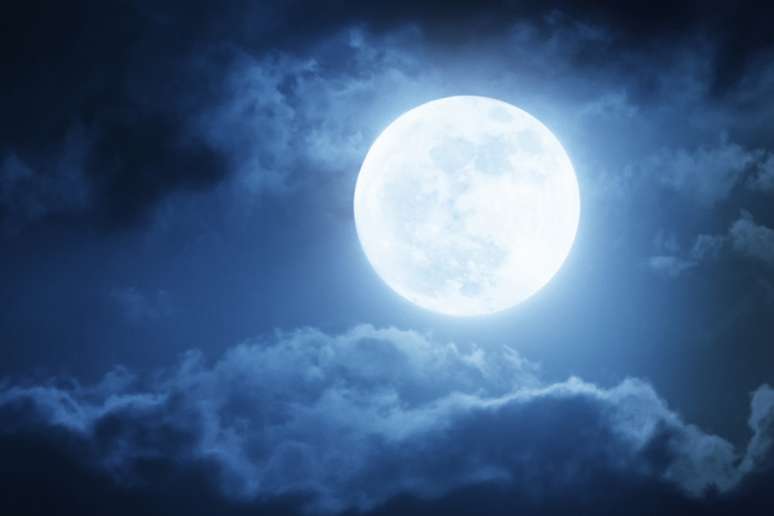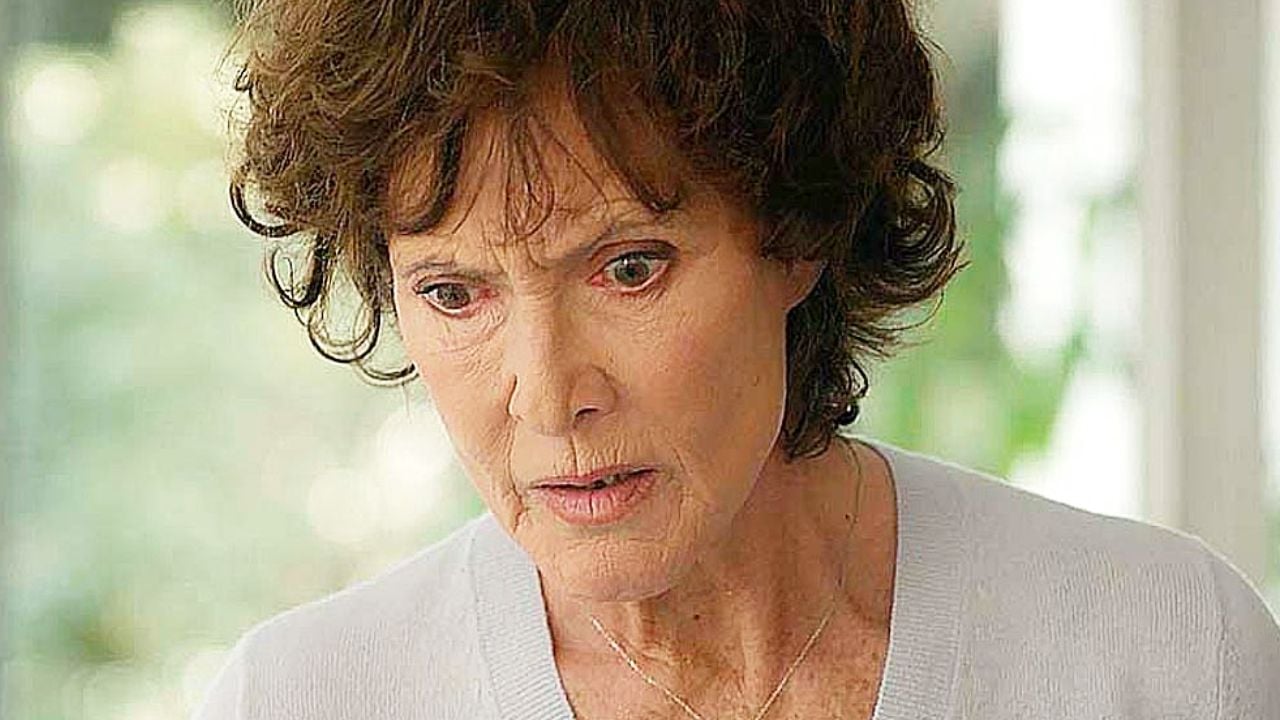It is possible that the Moon influences sleep, which could then impact people’s energy levels during the day.
Folklore around the world has long held that the moon affects human behavior and health. However, much of the research on the Moon’s direct effects is inconclusive. Some studies suggest it may have a small impact on some aspects of health, such as childbirth. But other studies have found no connection.
Even when the Moon appears to influence humans, the Moon itself may not be to blame. Confirmation bias, which is the tendency to focus on information that supports what a person already believes, may help explain why people report seeing changes in health and behavior during the full moon.
Does the full moon affect energy levels?
It is possible that the Moon influences sleep, which could then impact people’s energy levels during the day. Before artificial lighting, the full moon was an important source of light at night. A 2021 study says that for much of human history, people were more active at night during the full moon and may have synchronized their activities and energy levels with the phases of the moon.
This may have happened because more moonlight meant people could continue working or participating in other activities late into the night. But there’s evidence that moonlight itself can keep people awake longer.
The study investigated the effects of the lunar cycle on people living in rural environments without electricity, in indigenous communities and in urban environments. Using sleep monitors, the researchers found that sleep started later and didn’t last as long on the nights before the full moon.
This phenomenon likely occurs because the full moon is the brightest moon phase, reflecting the most sunlight back to Earth. Although this light is dimmer than direct sunlight, exposure can still make people feel more awake at night.
Does the full moon affect mental health?
People anecdotally report that the full moon affects their mood, but existing research does not support this claim. For example, an old meta-analysis from 1985 found no link between moon phases and admissions to mental health hospitals. Moon phases were also found to explain less than 1% of the differences in hospitalization rates for mental health problems.
More recently, a 2019 study of 17,966 people who sought inpatient mental health care found no link between hospitalizations, discharges and moon phases. It is possible that the Moon can influence mood in more subtle ways, but these are more difficult to measure and are vulnerable to confirmation bias, as people who believe that the Moon influences mood are more likely to monitor and observe moods. changes in humor.
Does the full moon affect women?
Some people believe that the moon influences the menstrual cycle. Research on this point has come to mixed or weak conclusions. A 2021 analysis reports that in a previous study of more than 300 women, there was a correlation between the full moon and the start of the menstrual period. However, this correlation only existed when the researchers selected a 29.5-day cycle.
To evaluate the link between the moon and menstruation, the authors analyzed the cycles of 22 people who recorded their periods for up to 32 years. They found that menstrual cycles intermittently synchronized with the luminescence, or gravitational pull, of the moon. The synchronization was strongest when the Moon was closest to the Earth. However, the study did not prove that the Moon was the direct cause of this.
The phases of the moon can influence childbirth. A 2021 study of a large dataset that included 38.7 million births in France found small but significant variations in birth patterns linked to moon phases. During the full moon, births increased, confirming popular beliefs.
Other associations
Some other studies have found a potential link between the full moon, health and behavior. For example, a 2018 study found an increase in emergency transportation related to traffic accidents during the full moon. The large study included 1,764 control nights, 62 full moon nights, and 842,554 emergency transports.
This does not prove that the moon caused the accidents. Because there is more light during a full moon, more people may be driving, increasing the likelihood of collisions. Moonlight can also be a distraction for some drivers. A 2016 study examined previous research on crime and moon phases and then separated internal and external crime.
The phases of the moon did not affect domestic crime cases. However, outdoor crime rates increased with moonlight and were highest during a full moon. Again, more light during the full moon could explain the difference.
Source: Medical News Today
Source: Terra
Ben Stock is a lifestyle journalist and author at Gossipify. He writes about topics such as health, wellness, travel, food and home decor. He provides practical advice and inspiration to improve well-being, keeps readers up to date with latest lifestyle news and trends, known for his engaging writing style, in-depth analysis and unique perspectives.








